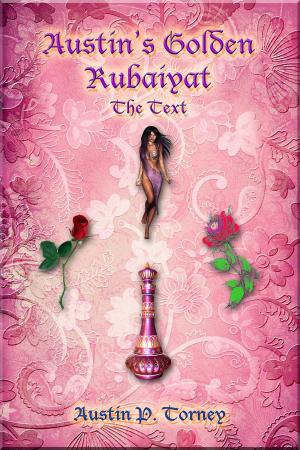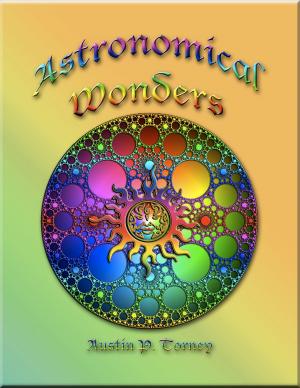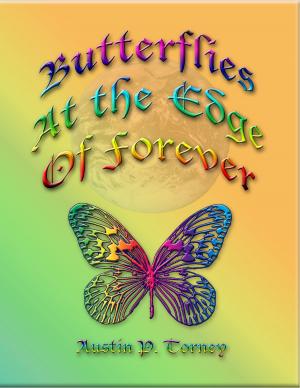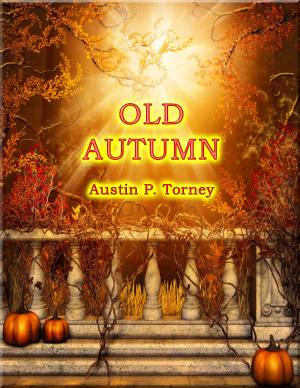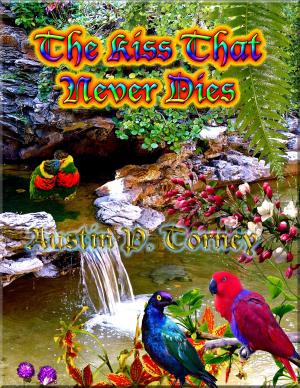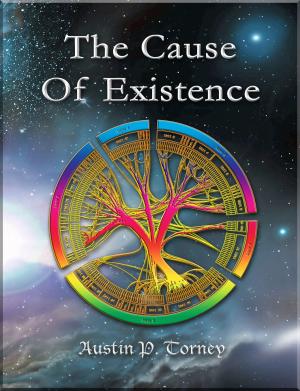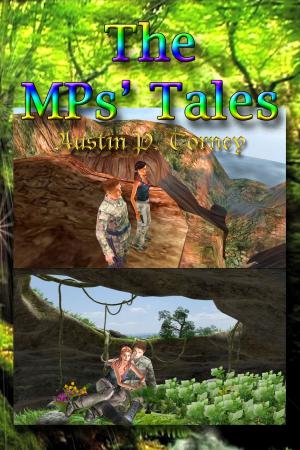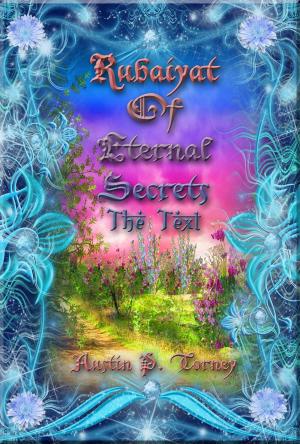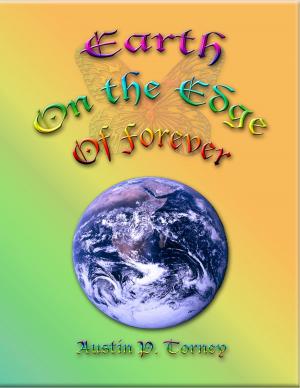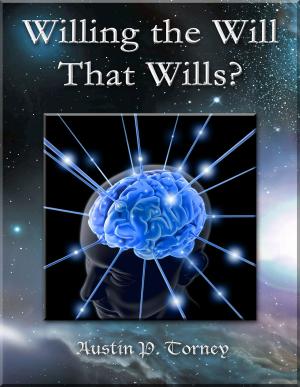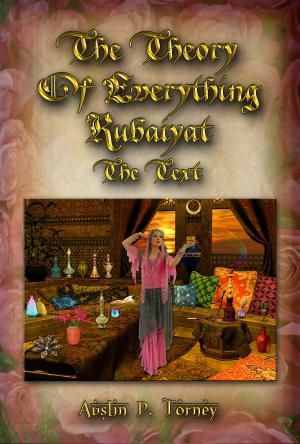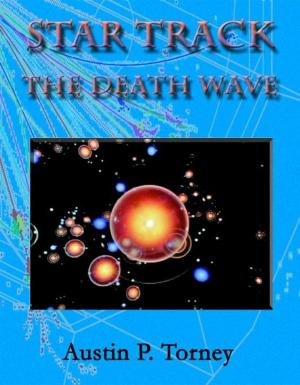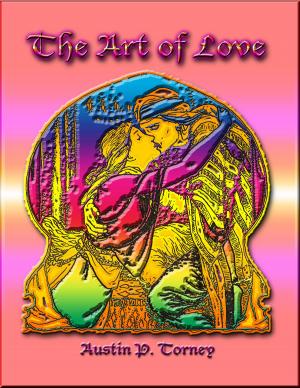| Author: | Austin P. Torney | ISBN: | 9781465946638 |
| Publisher: | Austin P. Torney | Publication: | February 22, 2012 |
| Imprint: | Smashwords Edition | Language: | English |
| Author: | Austin P. Torney |
| ISBN: | 9781465946638 |
| Publisher: | Austin P. Torney |
| Publication: | February 22, 2012 |
| Imprint: | Smashwords Edition |
| Language: | English |
Far from the Many Worlds Pub, on the outskirts of town, a path winds its way into the hills overlooking the lights of the city below. The path terminates on top of a high hill, where several massive flat rocks gather warmth from the sun by day and release the warmth by night. A spring of cool water issues from beneath one of these rocks, giving rise to the pleasant music of water bubbling up from the earth and spilling down a narrow bed of smooth stones. Quaking aspen trees, rustling in the darkness, gather around the spring, where watercress and pepper grass grow in profusion.
It was to this place Wick resorted to sit in the moonlight and open the bamboo cage. It was his intent, to converse with the cricket, to establish once and for all whether the human race was free or not. He needed to know. It was a matter of conscience.
Softly, he crooned the words of his song to the bamboo cage. “Anything your heart desires will come to you.” He strained to see into the cage, but the shadows were far too deep to reveal their contents. “I need my heart’s desire, cricket!” Wick whispered.
The speed of light troubled poor Wick. It seemed like a chain that held the whole of the human race in a spacetime thrall. Wick’s children had learned well the lessons of light speed and of relativity—a determinate universe! His children struggled with such a concept at first, but then embraced it. If the universe were determinate, if all events were ascertained at the moment of the Big Bang, then how could anyone be held responsible for their actions. The universe as a whole held responsibility for all things. There could be neither evil or good. There could only be one truth—namely exactly what was.
And while this idea seemed liberating for his children (We can do what we want! There is no law but one! All things are lawful! The universe has declared it!) Wick felt the pangs of sorrow and of guilt. He did not want to abdicate responsibility for his sins to the universe. He did not want to live in a universe in which all things were lawful. He wanted to live in a universe of limits, a universe that held its occupants accountable for the joy or the sorrow they unleashed. He hope that the cricket might lead him to such a universe.
Far from the Many Worlds Pub, on the outskirts of town, a path winds its way into the hills overlooking the lights of the city below. The path terminates on top of a high hill, where several massive flat rocks gather warmth from the sun by day and release the warmth by night. A spring of cool water issues from beneath one of these rocks, giving rise to the pleasant music of water bubbling up from the earth and spilling down a narrow bed of smooth stones. Quaking aspen trees, rustling in the darkness, gather around the spring, where watercress and pepper grass grow in profusion.
It was to this place Wick resorted to sit in the moonlight and open the bamboo cage. It was his intent, to converse with the cricket, to establish once and for all whether the human race was free or not. He needed to know. It was a matter of conscience.
Softly, he crooned the words of his song to the bamboo cage. “Anything your heart desires will come to you.” He strained to see into the cage, but the shadows were far too deep to reveal their contents. “I need my heart’s desire, cricket!” Wick whispered.
The speed of light troubled poor Wick. It seemed like a chain that held the whole of the human race in a spacetime thrall. Wick’s children had learned well the lessons of light speed and of relativity—a determinate universe! His children struggled with such a concept at first, but then embraced it. If the universe were determinate, if all events were ascertained at the moment of the Big Bang, then how could anyone be held responsible for their actions. The universe as a whole held responsibility for all things. There could be neither evil or good. There could only be one truth—namely exactly what was.
And while this idea seemed liberating for his children (We can do what we want! There is no law but one! All things are lawful! The universe has declared it!) Wick felt the pangs of sorrow and of guilt. He did not want to abdicate responsibility for his sins to the universe. He did not want to live in a universe in which all things were lawful. He wanted to live in a universe of limits, a universe that held its occupants accountable for the joy or the sorrow they unleashed. He hope that the cricket might lead him to such a universe.

